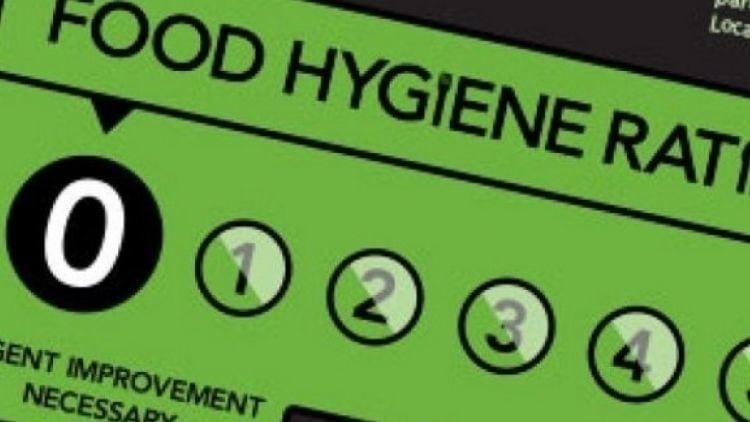External seating can undoubtedly be a great asset to licensed premises, but before you start moving your furniture outside, we advise that you take heed of the following pointers:
- First, do you need permission to place furniture in a particular area? is question usually comes down to whether the land is private or owned by the council. It is worth noting that in some cases privately owned land can be deemed public highway and we therefore advise that you check the status of the land. In the case of public or ‘deemed public highway’, you will likely need to apply for a licence to place furniture in the proposed area. This is commonly referred to as a pavement licence or tables and chairs licence.
- You will also need to check whether planning permission is required. Most councils require planning permission for a change of use of the area in question and you may need to secure planning permission before the council will accept a pavement licence application.
- Pavement licence applications will usually need to be accompanied by adequate public liability insurance, details of the furniture and plans showing the layout of the furniture regarding the pavement and premises.
- Councils can attach standard conditions to every pavement licence so it is worth checking these conditions before applying to ensure you can comply. Pavement licences also specify the hours during which furniture is permitted on the highway so you may want to check whether your council has a policy of only permitting pavement licences up to a certain hour.
- If you are granted a pavement licence, it is important to remember that they are temporary and usually granted for a term of six or 12 months at a time. You will need to submit an application to renew your pavement licence and some councils require this up to three months in advance of the expiry date. Most councils will remind you to renew, but it does not hurt to set appropriate reminders yourself.
- In addition to a pavement licence, it is important not to forget your premises licence. In particular, there may be conditions on your premises licence that restrict you from serving customers outside. Furthermore, if you intend to serve alcohol to customers outside, you will need to ensure that the outside area is either included within the licenced area on your plans or that your licence permits off-sales of alcohol. If you are in any doubt then we recommend you seek professional legal advice on the permissions under your premises licence.
- Finally, a word of caution. If you are using your premises licence to serve customers in an area covered by a pavement licence then you remain responsible for managing those customers and promoting the licensing objectives in that area. You should therefore ensure appropriate measures and training are in place to recognise the risks and prevent any issues, such as noise nuisance or accumulation of litter.
For any legal enquiries please visit Poppleston Allen's website.




